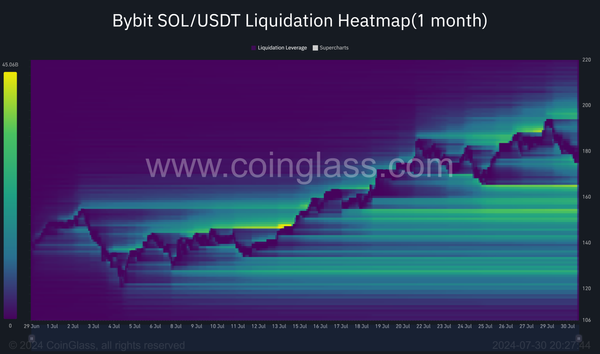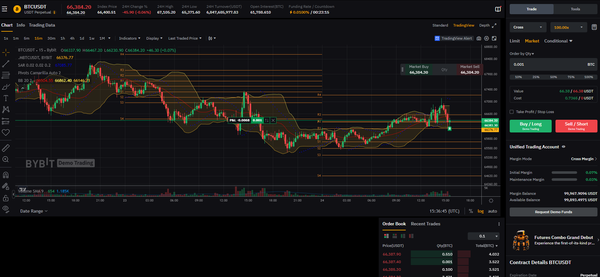Understanding the Impact of Trading Psychology in the Cryptocurrency Market

The world of trading, especially within the volatile realm of cryptocurrencies, is not just about numbers and charts; it's equally about the traders themselves—their minds, emotions, and psychological behaviors. Trading psychology is a critical aspect that can often be the thin line separating success from failure in the trading world. Let's dive deeper into what it entails and how you can master it to enhance your trading strategy.
The Essence of Trading Psychology
At its core, trading psychology encompasses the emotional and psychological factors that influence traders' decisions. It's a widely accepted notion that emotions play a significant role in trading, with fear and greed being the primary drivers that can lead traders astray. These emotions can cause traders to make hasty decisions—like investing in a peak hype out of greed or selling off assets in a panic due to fear.

However, trading psychology is more than just about fear and greed. It involves understanding the complex interplay of emotions that every trader navigates. Whether it's the thrill of a win or the despair of a loss, each trader's emotional response can significantly impact their decision-making process.
Why Your Mindset Matters
Recognizing and managing your emotions is paramount in trading. Fear, for instance, might prevent you from taking necessary risks, causing you to miss out on lucrative opportunities. Conversely, greed could push you toward reckless decisions, chasing after unrealistic gains at the peak of market hype.
The balance between fear and greed is delicate and crucial. Experienced traders strive to find this equilibrium, allowing fear to guard against undue risks while letting greed drive them to seize opportunities. Yet, the reliance on either emotion without checks can lead to irrational trading decisions.
Navigating the Emotional Highs and Lows
Trading is not a pathway to instant riches but a skill honed over years of discipline and practice. Unrealistic expectations can set you up for disappointment. Losses, an inevitable part of the trading journey, can test your resilience, while wins may falsely inflate your confidence, leading to riskier bets.
Market sentiment and the influence of social media also play into trading psychology. The hype or doom scrolling on social media can unduly influence your trading decisions, leading to fear-based selling or impulsive buys based on influencer recommendations.
Strategies for a Better Trading Mindset
- Think Long-Term: Setting realistic, long-term goals helps temper emotional decisions, keeping your focus on sustainable growth rather than the fleeting highs of short-term gains.
- Take Breaks: Regular intervals of rest can provide clarity and prevent burnout, helping you make more measured decisions.
- Learn from Mistakes: Use losses as learning opportunities to refine your strategies, rather than as triggers for emotional trading.
- Set Rules: A detailed trading plan with clear rules for various scenarios can help maintain discipline, ensuring emotions don't lead you astray.
The Unique Challenges of Crypto Trading
While the principles of trading psychology are universal, the crypto market presents unique challenges. Its 24/7 nature offers constant temptation for those prone to emotional trading, requiring an even stronger discipline and a well-thought-out trading plan.
Final Thoughts
Trading psychology is an indispensable part of a trader's toolkit, especially in the unpredictable waves of the cryptocurrency market. By understanding and mastering your emotions, you can navigate the market with confidence, making decisions based on strategy rather than fleeting feelings. Remember, in the realm of trading, your mindset is just as crucial as your technical prowess.




